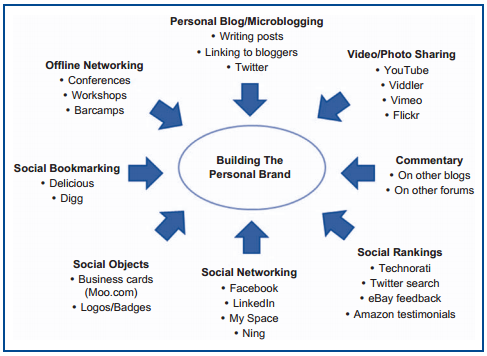
HOW TO DEVELOP AN AUTHENTIC ONLINE PROFESSIONAL PROFILE
As you may know, landing your dream job in this saturated job market, whilst negotiating frantic online traffic, can be difficult. The ‘Fourth Economy’, which allows us to exploit the internet to attract attention, means authentic online professional profiles can be a lucrative way to gain a necessary edge over countless competitors.
Continue reading →




